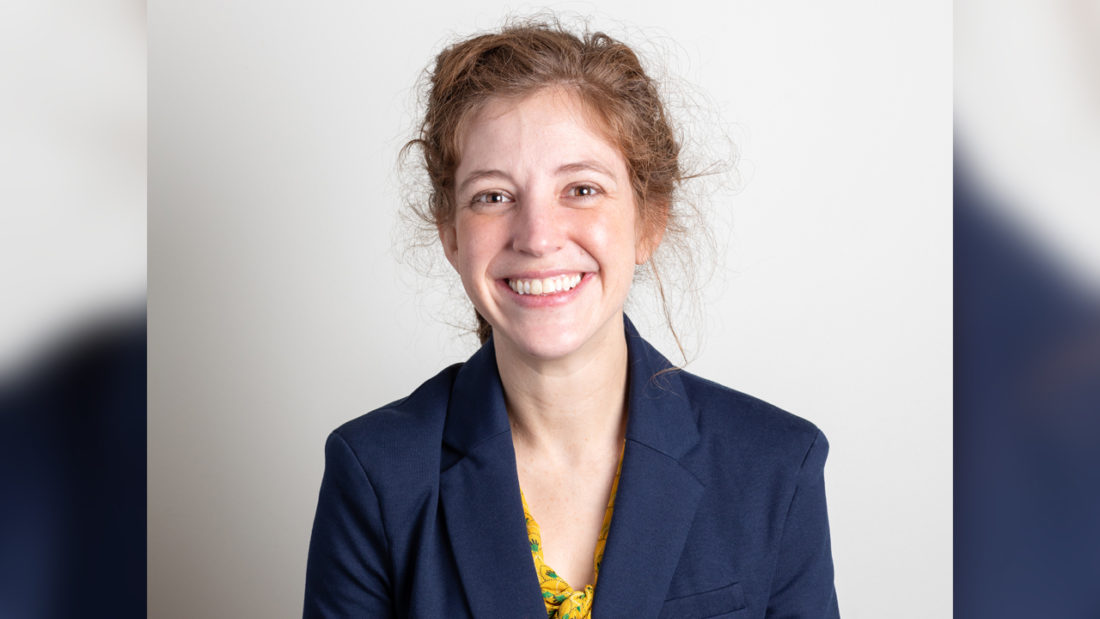When Lacey Gowdy, a fourth-year medical student at Quinnipiac University’s Frank H. Netter MD School of Medicine, learned that patients with intellectual and developmental disabilities (IDD) often do not receive the same level of care as other populations, she felt compelled to investigate.
“It was an area that I wanted to be more adept in, and I thought that other students could benefit too,” said Gowdy, a Colorado native who lives in Old Saybrook, Connecticut. “There is too much emphasis on the patient’s disability itself, as opposed to their overall wellness.”
Gowdy discovered that physicians are taught in medical school to focus mostly on disease pathologies connected to a patient’s disability. They overlook physical fitness, emotional well-being, proper diet, sexual health, and other aspects. This can result in gaps in the continuum of care for IDD patients, and potentially negative clinical experiences.
In response, Gowdy worked with faculty mentor Dr. Traci Marquis-Eydman, associate professor of medical sciences, to develop an experiential, fourth-year clinical elective in partnership with Oak Hill, Connecticut’s largest private provider of services to people with disabilities.
The course, launched in the summer of 2019, has received incredibly positive feedback from participants. The elective will be offered again in the 2020-21 year, thanks to a $25,000 grant Gowdy helped secure from the National Curriculum Initiative in Developmental Medicine.
It was one of only seven NCIDM grants issued nationwide this year.
“It’s amazing to hear from students about how it will change the way they practice in the future,” Gowdy said.
The four-week course enables Netter students to engage with individuals of various age groups and disability types in community-based settings, increasing their knowledge, skills and comfort in caring for individuals with IDD.
“The elective covers the spectrum, from pediatric to geriatric, and our students jump right in with both feet,” Marquis-Eydman said. “Lacey approached this with a single-minded determination to make a difference.”
Students rotate through several key content areas at Oak Hill, including adapted sports; fitness and recreation; assistive technologies; healthy relationships and sexuality education; and rehabilitation and employment.
Marquis-Eydman hopes the elective will become permanently integrated into Netter’s curriculum, along with additional material on IDD education that Gowdy helped develop for years one and two.
Gowdy was to present her capstone project on the subject alongside her peers on the medical school’s Capstone Scholars Day on March 13. Despite the event’s cancelation, Gowdy was honored with the Scholarship in Medical Innovation and Education Award for her work.
Marquis-Eydman also received the award for Capstone Mentor of the Year.
“Traci was a wonderful mentor,” Gowdy said. “She gave me full autonomy while providing the guidance I needed, and I wouldn’t have been successful without her.”
Gowdy will soon begin her residency at the University of Vermont in Burlington, where she will specialize in pediatric medicine. She does so knowing that she has left behind a legacy that will benefit not only future Netter students but the patients they will one day treat.
“I’m excited about the changes we’ve made, and so proud to have shared in the continuum of care that exists for the IDD population,” she said.
